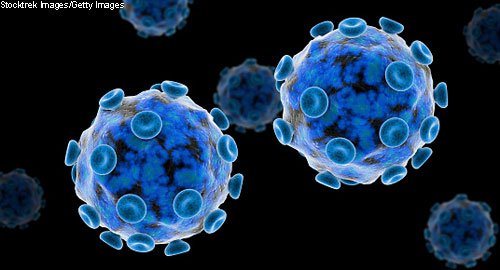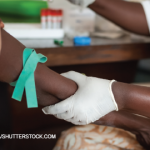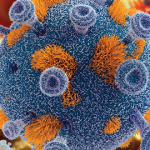Lessons Learned
Dr. Fauci interspersed his sage advice throughout his discussion of the emergence, course and outcomes of HIV/AIDS, influenza, SARS, West Nile, Ebola and Zika:
- Be nice to everyone, because you never know where they’re gonna wind up [e.g., U.S. president].
- Get someone high in authority interested in something, and things happen very quickly.
- When you have leadership from the top, you can do really good things.
Ebola
Dr. Fauci says he learned a couple of lessons from the Ebola epidemic: “Pay attention to emerging infectious diseases even if one doesn’t initially look like it will be a large problem,” and “don’t give up.”
From 1976 to 2014, the incidence of Ebola remained low. But then something changed. From 2014 to 2016, Ebola was reported in Guinea, Liberia and Sierra Leone. Ebola infected 28,616 people and claimed 11,310 lives in those three countries, where the populace is poorly educated and doesn’t trust the government or healthcare system. Based on that experience, Ebola was assumed to carry a 40% mortality rate.
The first case appeared in the U.S. in 2014. Although that patient died following a missed diagnosis and passed the illness on to two nurses, the experience here proved that you can’t expect what happened elsewhere to hold true everywhere. All the other patients in the U.S. survived. We can’t let unreasonable fear of and stigma to attach to patients.
Zika
Through the years, we’ve refined our processes for developing vaccines, and the good news with regard to Zika is that there’s a vaccine in a Phase 2 trial right now, said Dr. Fauci.
What’s Next?
Dr. Fauci asked, “What’s next?” He proceeded to answer his own question: “We don’t know. That’s really the problem.”
He did, however, say that officials are bracing for the return of Zika, that we need a universal influenza vaccine and that the possibility exists for the Mayaro virus or Oropouche virus to become the next naturally occurring threat.
He concluded that we need:
- Global surveillance;
- Transparency and communication;
- Infrastructure and capacity building;
- Coordinated and collaborative basic and clinical research;
- Adaptable platform technologies for vaccines, diagnostics and therapeutics; and
- A stable funding mechanism—Dr. Fauci called for the establishment of a public health emergency fund.
In short, emerging and reemerging infections have been, remain and will continue to be a challenge to public health worldwide.
Keri Losavio is the Wiley editor of The Rheumatologist, eNewsRheum and ACR@Work. She has been an editor/writer for more than 25 years.



